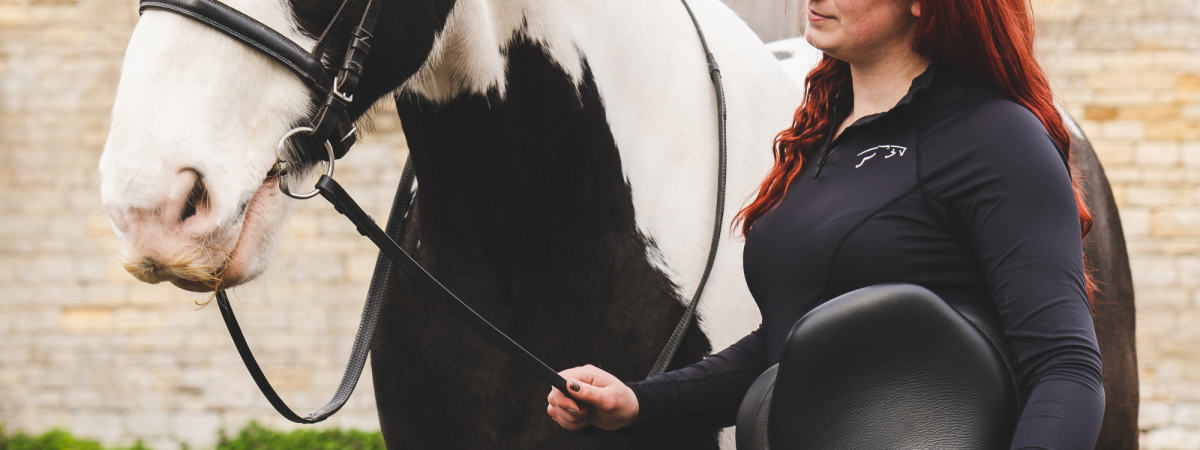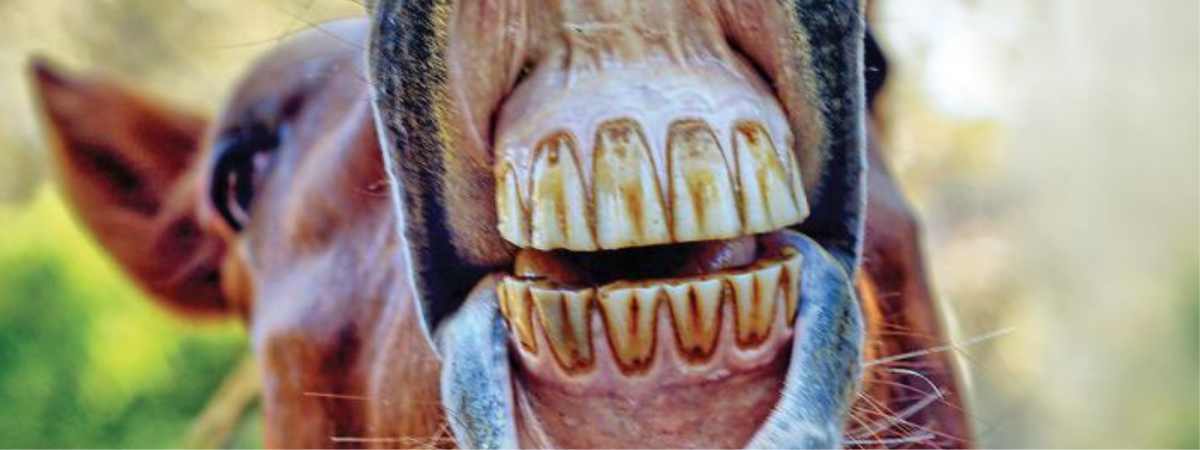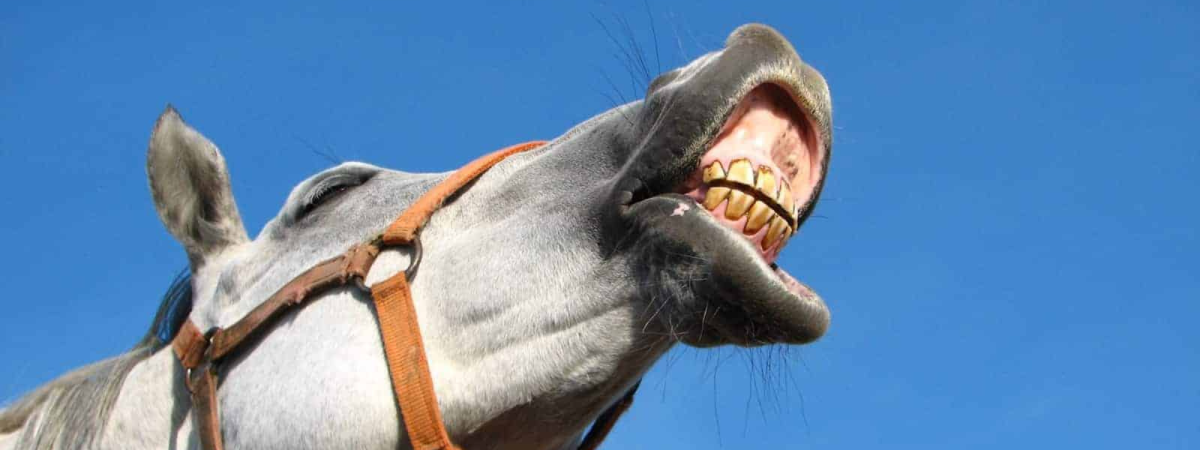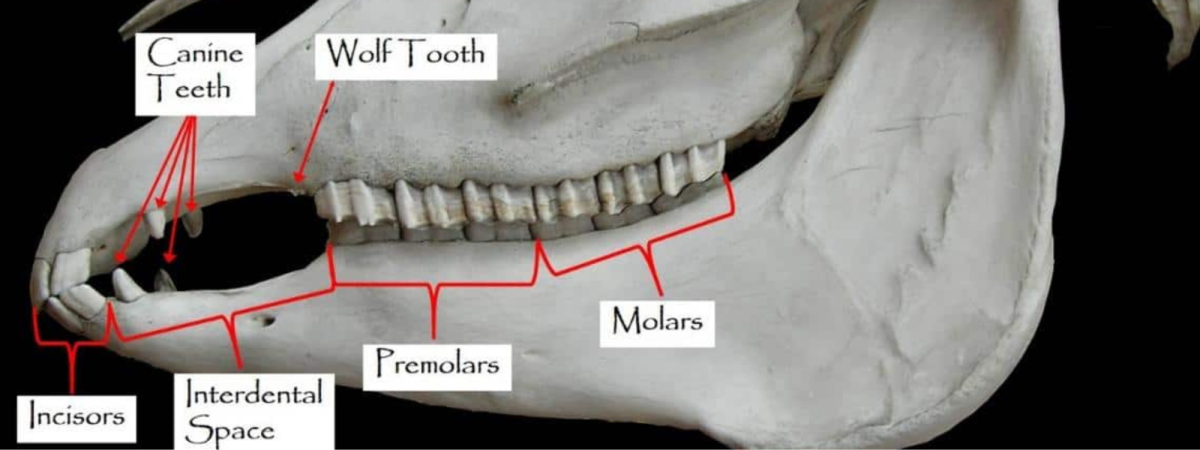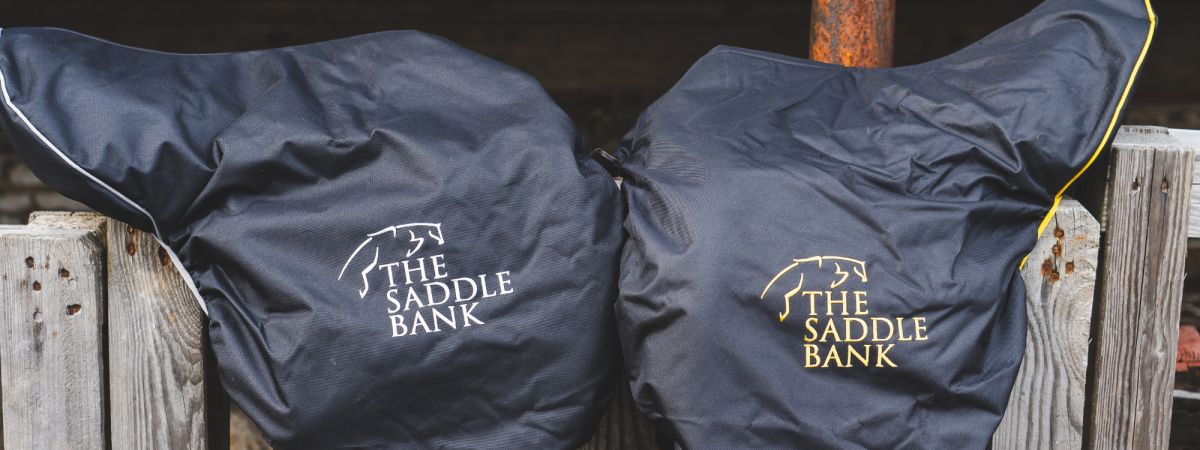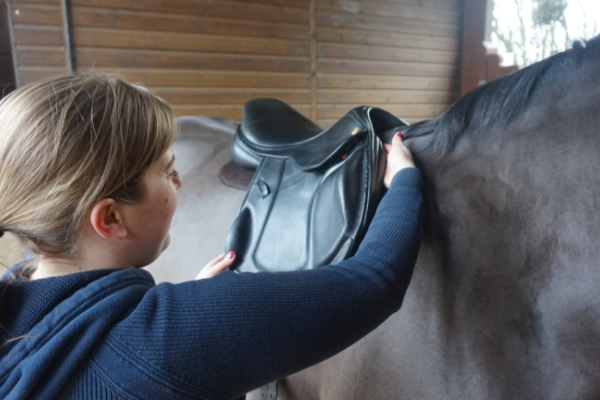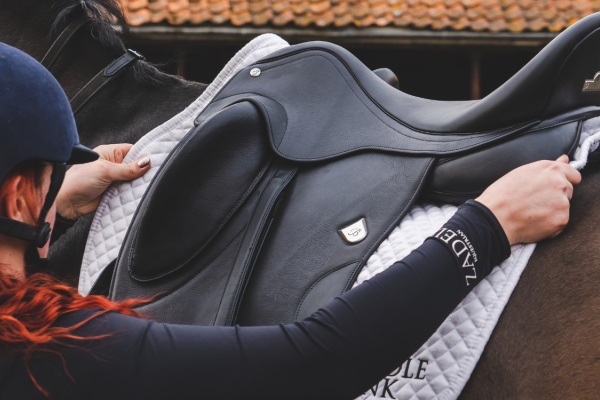Horse teeth - what can they tell you?
Today we are talking all things teeth. Horses teeth. Teeth are important as they break down food. The horses digestive system is very extensive and sensitive. Their teeth and lips breakdown feed materials which enables their food to go through their system. Of course, as with everything with our furry friends, teeth can cause problems. Today we are giving you all our knowledge to help prevent any problems for your horse.
Did you know? Horses teeth grow all year round. However, they stop growing at a certain age. When your horses live up to a certain point, their teeth will eventually stop growing and get worn down to the nubs. For this reason, older horses are fed mash feeds, as these types of feeds do not need breaking down. Another fact, a horses jaw moves in a side-to-side motion, not up and down!
Problems in teeth
If your horse is experiencing pain in their teeth, it can cause a wide range of problems. If your horse breath smells (worse than usual), this could be the sign of a mouth infection. Facial swelling can also be related to infections, so keep your eyes open! Horses with tooth pain often lose weight, this is because they are reluctant to eat.
If your horse appears to be struggling to eat or boluses of food are coming out of their mouth as they eat, more commonly known as quidding, this could be an inditcation of an issue within in the horses mouth.
Horses that show a lot of movement in their heads, could be a sign of bad teeth. We think the most common way to see if your horse is uncomfortable is when the horse is being ridden. When a horse has a bit in their mouth, it is more obvious to see if a horse is in distress. If your horse is resisting the bridle or reacts dramatically to small movements, then get those teeth checked.
What horses teeth can tell you
Their teeth reveal a lot of things about the horse. Firstly, their health. Their gums are a sign of well-ness. They should be of a salmon-pink colour. If your horses gums are off colour, it could mean they are deficient in a vitamin, for example, iron.
If your horse is struggling with chewing their food, this is known as quidding. Quidding is a process where the horse struggles to break the food up. This results in them dropping food instead of grinding it like normal. Another fact, you can actually see if a horse has stable vices such as cribbing in the horses teeth.
Horses teeth can reveal their gender. A mature male horse has 40 – 42 permanent teeth whereas the mature female has 36 – 40. However, this is a general rule as some horses will not develop all teeth and some may lose some overtime.
You can also find out the age of a horse by its teeth. Their colour, the shape of their teeth, the type of teeth they have, and their length are all different at their certain ages. You can tell the age of your horse from 3 years – 30 years.
Wolf teeth
You guessed it, the dreaded wolf teeth. Wolf teeth are common in young horses. Statistic time – 13% to 32% of horses have them. They are most common in their upper jaw, however occasionally they are found on the lower jaw as well. They commonly erupt between 6 and 18 months of age.
There are problems with wolf teeth. One of the problems is the location of the wolf teeth. Sometimes, they can be located where the bit sits in the horses mouth. The soft tissue in the mouth, cheeks and tongue can press against the tooth and cause a great deal of discomfort. Also, wolf teeth can be “blind”. This is known where they haven’t quite erupted through the gum line. These are often more of a problem as the bit will apply pressure on the tissue over the tooth. If wolf teeth are causing a problem, they will be unhappy when being ridden and resistant to take the contact, this is particularly common in young horses.
Maintenance
As with everything in horses, teeth need care. We would recommend you get your horses teeth checked every 6 months. It would do no harm for your young horse to see a dentist before being broken in. This will eliminate your horse having a negative first experience of having metal in their mouth for the first time.
It is so important on who you get to do your horses teeth. Qualified dentists are so important. Vets can also check your horses teeth, however, the best person for the job are the dentists themselves. We would always recommend using a qualified Equine Dentist, the full list of these in the UK can be found on the British Association of Equine Dental Technicians website here.
We hope you enjoyed this blog on horses teeth and we hope you learnt something new!
Sell your saddle
Turn your unwanted saddle into cash in a quick, hassle free way.
Simply click here to fill in our 'Sell a Saddle' form and our super team will get back to you as quick as possible.
Learn more about how saddles should fit….
Are you a horse owner/rider who would like to learn more about saddle fitting? Or learn how the saddle can impact your horses performance and welfare?
Click on the link below to learn more about how to recognise signs of a poor fitting saddle.






